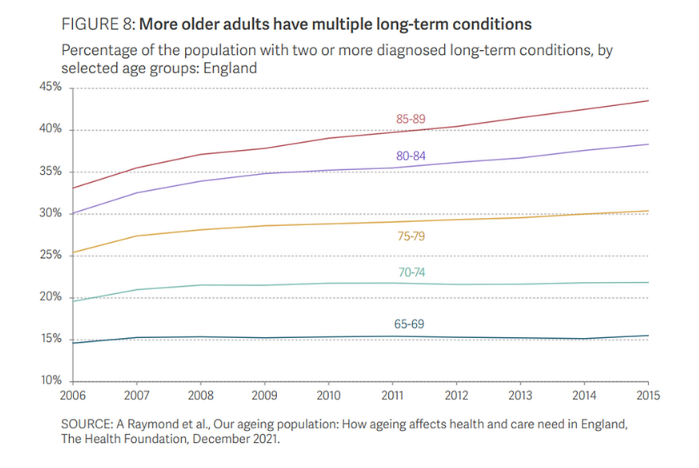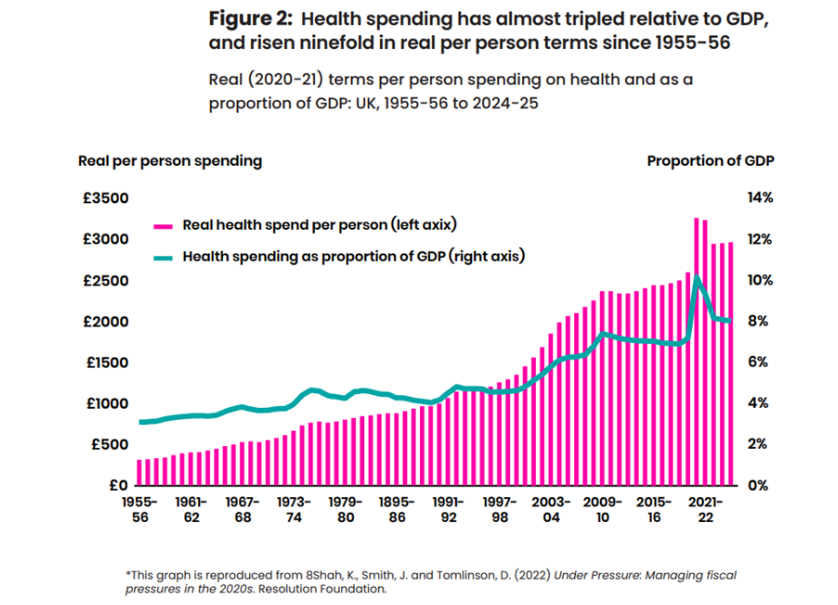The report argues persuasively that the solution is a shift ‘away from mostly treating ill individuals within the hospital or clinic and towards working outside the healthcare institution with communities and partners to address the underlying causes of ill health’ recognising that ‘A very great deal of the work of prevention must be conducted by individuals themselves in the absence of the healthcare professional. This means a far greater emphasis on empowering individuals within the context of wider communities of support.’
Only when people are truly involved in their own health and feel ownership, are these trends likely to change. Ultimately we each need to feel that life is satisfying and worthwhile to find the motivation to look after our health, and then we need the information, guidance and support to do so. Once people are empowered; given the tools and resources to stay active, connected to others and able to access help and services to address wider issues, their health improves. At Involve we measure people’s perception of their health on a 0-100 point scale and people typically report 11% increases once engaged, motivated and supported. This is directly reflected in GP attendances; the NHS analysis of a group of patients supported by Involve with complex health showed their GP appointments reduced by 12% in six months.
Placing the wellbeing of people and communities at the heart of health and economic policy must be part of the long-term solution, only then will meaningful ‘growth’ be achieved.



